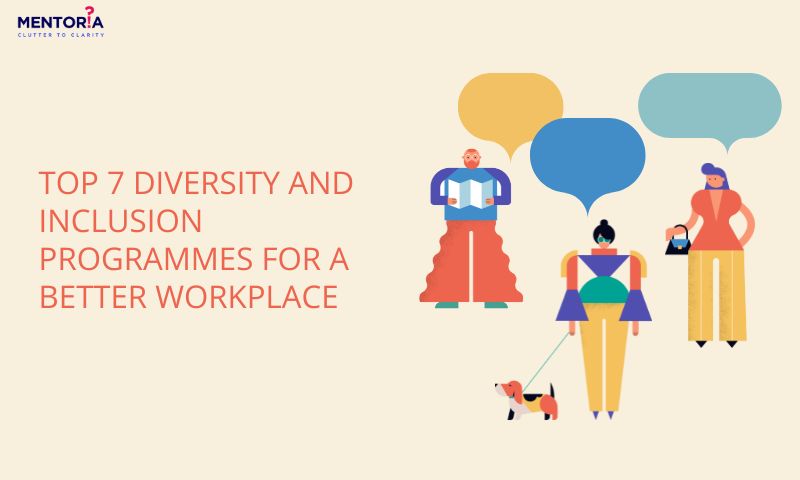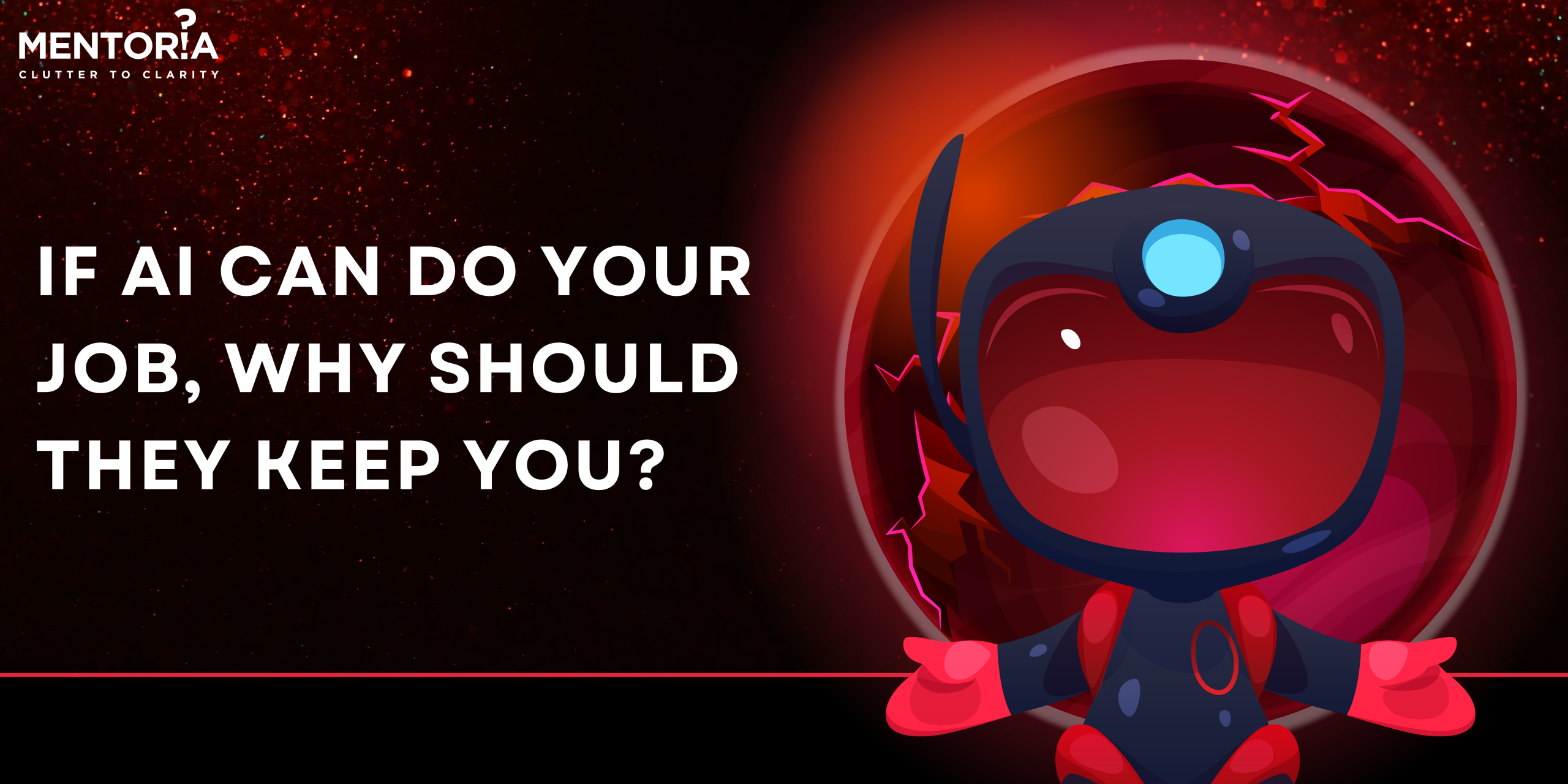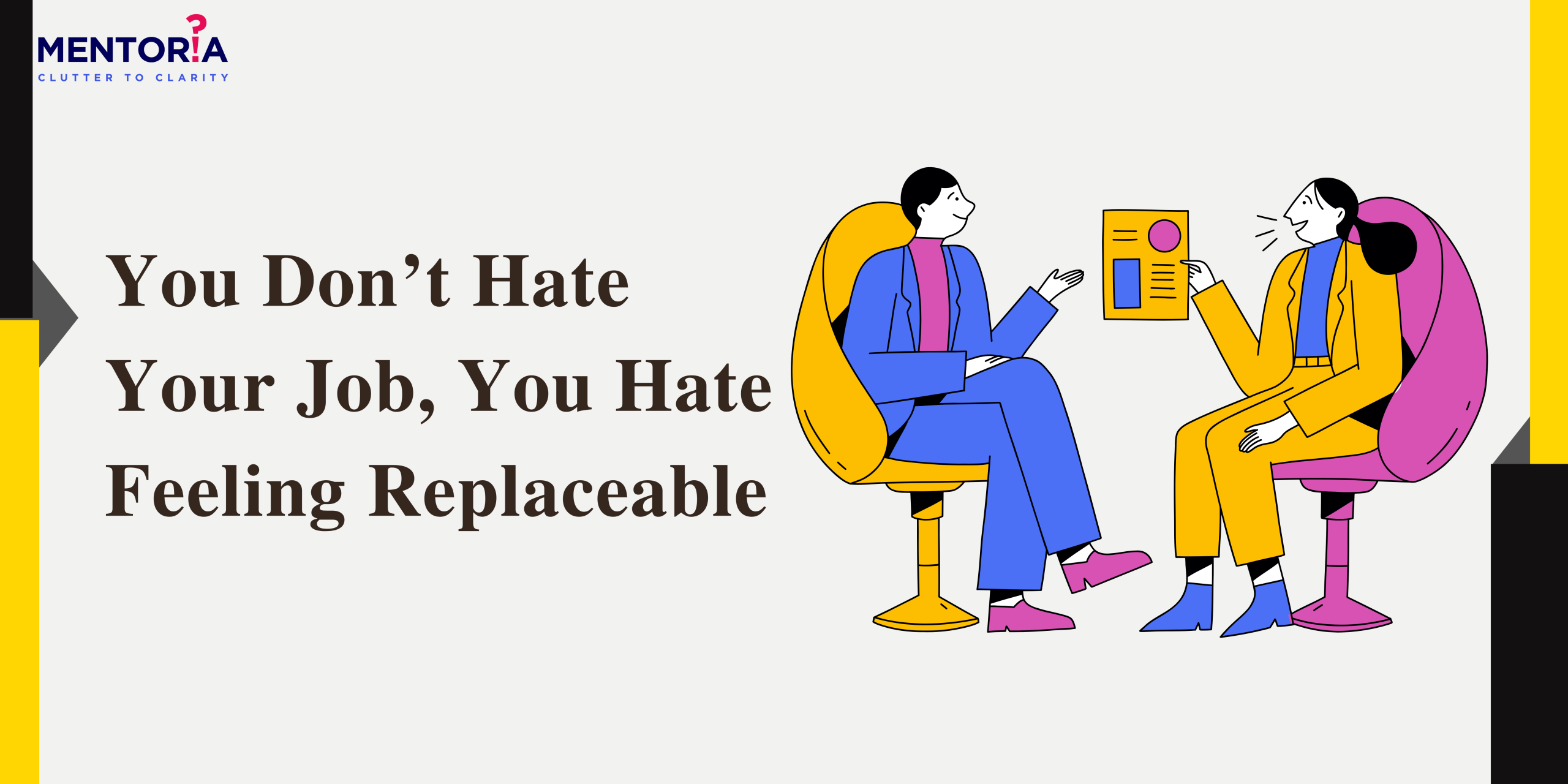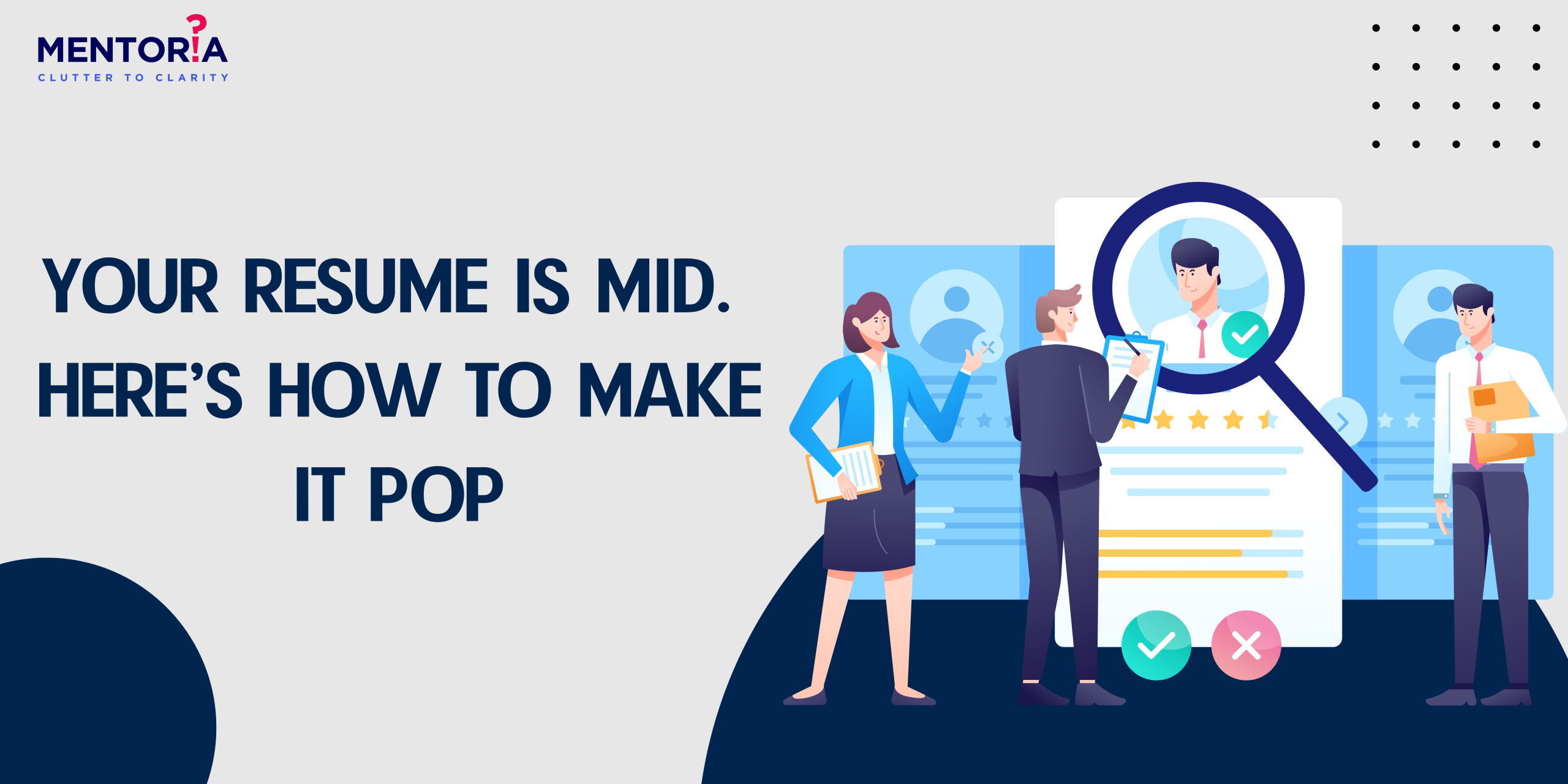Top 7 Diversity and Inclusion Programmes For a Better Workplace

Jump to Section
Heard of diversity and inclusion programmes? In today’s changing work environment, creating a diverse and inclusive workplace is more important than ever. Companies that prioritise diversity and inclusion (D&I) not only foster a culture of belonging but also drive innovation, improve employee satisfaction, and enhance overall business performance. But what are the best D&I programmes out there? Let’s look at seven top-notch programmes that are making workplaces better for everyone.
Unconscious Bias Training
Unconscious bias training is a cornerstone of any robust D&I strategy. These programmes help employees recognise and address their implicit biases, leading to more equitable decision-making. According to a Study on Unconscious Bias in the Workplace and its impact on workplace diversity, companies that implemented unconscious bias training saw a 25% improvement in employee perceptions of fairness.
Key Elements:
- Workshops that are hands-on and engaging, complemented by digital courses.
- Application of real-world situations in training through role-playing exercises.
- Continuous learning and follow-up sessions to reinforce concepts.
Here’s a Fun Fact- Employees often find these sessions eye-opening and transformative, leading to lively discussions and a deeper understanding of their colleagues’ perspectives.
Implementing Unconscious Bias Training helps employees recognise and mitigate hidden biases, fostering a more inclusive workplace culture where all individuals are valued and respected. By addressing and reducing unconscious biases, organisations can create a more equitable environment, leading to better decision-making and enhanced team collaboration.
Employee Resource Groups (ERGs)
ERGs are voluntary, employee-led groups that provide support, career development, and networking opportunities.These groups are formed around common characteristics or life experiences— including but not limited to race, gender, sexual orientation and disability. ERG members who feel well served enjoy greater feelings of inclusion. In fact, research shows that employees who found their ERGs effective or very effective were much more likely to say they felt included compared to those who rated their ERGs ineffective or very ineffective.
Why ERGs Matter:
- Promote a sense of belonging and community.
- Offer mentorship and leadership opportunities.
- Drive advocacy and awareness within the organisation.
ERGs provide support and development opportunities for employees, which can enhance employee engagement, improve retention rates, and promote a culture of inclusion.
Inclusive Leadership Training
Inclusive leadership training equips managers and executives with the skills to lead diverse teams effectively. This training focuses on developing empathy, cultural competence, and the ability to foster an inclusive environment. Companies that invest in inclusive leadership training see a 17% improvement in team performance and collaboration, according to a study by the Harvard Business Review.
Core Components:
- Workshops on cultural awareness and sensitivity.
- Strategies for inclusive decision-making and conflict resolution.
- Coaching on how to create a psychologically safe workplace.
Inclusive leadership training can help organisations achieve higher employee satisfaction, greater innovation, and improved overall performance by leveraging diverse perspectives.
Mentorship And Sponsorship Programmes
Mentorship and sponsorship programmes are powerful tools for promoting diversity and inclusion. Mentorship involves experienced employees guiding less experienced ones, while sponsorship goes a step further, with senior leaders advocating for their protégés’ advancement. The State of Organisations 2023 by McKinsey reported that organisations with robust mentorship and sponsorship programmes had a 35% increase in promotions for underrepresented groups.
Programme Highlights:
- Structured matching process to pair mentors/sponsors with mentees/protégés.
- Regular check-ins and progress reviews.
- Resources and training for mentors and sponsors.
Mentorship and sponsorship can significantly enhance career development for underrepresented groups, leading to a more diverse leadership pipeline and improved organisational performance.
Flexible Work Arrangements
Flexible work arrangements, including remote work, flexible hours, and compressed workweeks, are critical for supporting diverse employees’ needs. These arrangements help accommodate different lifestyles, caregiving responsibilities, and personal preferences. A State of the Global Workplace Report by Gallup found that companies offering flexible work options had a 40% higher employee satisfaction rate compared to those with rigid schedules.
Benefits:
- Improved work-life balance and employee well-being.
- Increased productivity and job satisfaction.
- Greater ability to attract and retain diverse talent.
Flexible work arrangements can boost employee morale, reduce turnover, and attract a wider talent pool, contributing to a more inclusive and productive workplace.
Diversity Councils
Diversity councils are formal groups within an organisation responsible for guiding and overseeing D&I initiatives. These councils are typically composed of senior leaders and employee representatives who champion D&I efforts across the company. According to a 2023 study by McKinsey & Company, organisations with active diversity councils saw a 25% increase in the implementation and success of D&I initiatives.
Council Activities:
- Setting D&I goals and metrics.
- Monitoring progress and accountability.
- Developing and promoting D&I policies and practices.
By establishing diversity councils, organisations can ensure sustained focus on D&I goals, leading to measurable improvements in diversity metrics and a more inclusive culture.
Comprehensive D&I Training Programmes
Comprehensive D&I training programmes go beyond one-off sessions, offering ongoing education on various aspects of diversity and inclusion. These programmes cover topics such as cultural competence, inclusive communication, and anti-discrimination policies. A report by Deloitte showed that companies with continuous D&I training programmes had a 30% improvement in overall workplace culture and employee morale.
Training Features:
- Regular workshops, webinars, and e-learning modules.
- Tailored content for different departments and roles.
- Opportunities for employees to provide feedback and suggest improvements
Comprehensive D&I training can enhance cultural competency, reduce workplace discrimination, and foster an environment where all employees feel empowered to contribute fully.
Are Diversity And Inclusivity Programmes Effective?
Diversity and inclusivity training can be highly effective when managers are enthusiastic about course content and employees are engaged. Everyone in the world has unconscious bias in some form, much of which stems from what we hear as children. Discrimination is rarely a strongly held belief and often comes down to a lack of understanding. Learning about the importance of equality is welcomed and celebrated by most people who complete courses on the subject.
Building A Better Workplace Together
Creating a truly diverse and inclusive workplace requires ongoing commitment, innovative programmes, and active participation from everyone in the organisation. By implementing these top seven D&I programmes, companies can foster a culture where every employee feels valued, respected, and empowered to succeed.
At Mentoria, we are dedicated to helping organisations build inclusive workplaces. We believe in the power of diversity and inclusion to drive innovation, improve employee satisfaction, and enhance business performance. Join our workshops to create a workplace where everyone belongs and thrives.










